Coronavirus economy: 113,000 Australian tourism jobs lost in 2020
The number of tourism jobs has plunged this year, with more than one in seven Australians employed in the sector losing work over the course of the year.
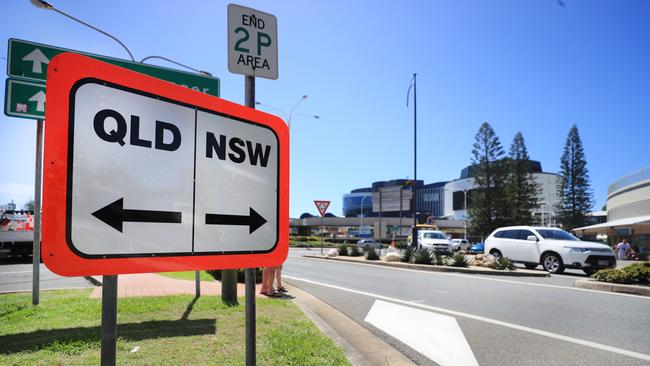
The number of tourism jobs has plunged by 113,000 this year, with more than one in seven Australians employed in the sector losing work as the twin horrors of the COVID-19 pandemic and Black Summer bushfires smashed domestic and international travel.
The new figures from the Australian Bureau of Statistics confirmed tourism as one of the hardest hit segments of the economy in 2020, despite a 4 per cent lift in tourism and tourism-related jobs over the three months to September to 634,000 – the lowest level of employment since 2013.
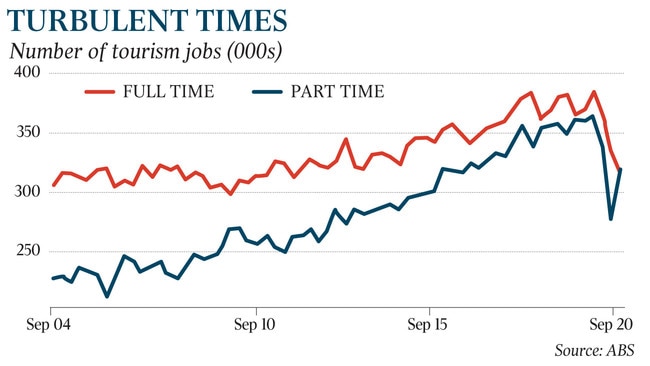
The jobs recovery over the latest quarter followed six months of job shedding and the easing of social distancing restrictions around much of the country. But it still left tourism and tourism-related employment 15 per cent below the 747,100 employed at the end of 2019, and 13 per cent lower than the September quarter of last year.
Tourism looks to be once again one of the biggest losers from the reimposition of travel restrictions just ahead of the summer holidays.
Citi has estimated the closing of state borders to travellers from Sydney – after a new COVID-19 outbreak hit the city’s northern beaches – will shave $2bn a month from the tourism sector’s contribution to the national economy.
The recovery in tourism employment in the September quarter was a solely part-time phenomenon.
Full-time tourism jobs dropped by 18,300 over the quarter, or by 5.5 per cent, to 315,700, the ABS figures showed, while part-time roles jumped by 42,900, or 15.6 per cent, to 318,300. It was the first time that part-time jobs have outnumbered full-time roles in the 15-year history of the data, the ABS said.
The ABS tracked tourism-related employed persons and jobs across a range of industries, with the largest quarterly employment gains in cafes and restaurants, cultural services, and sports and recreational services, which all recorded double-digit percentage gains.
But air, water and other transport jobs plunged by a further 23 per cent in the quarter, to be the worst hit segment over the year to September, with 15,200, or 37 per cent, fewer jobs.
And despite the recent rebound, employment in cafes and restaurants was still 23,900, or 11 per cent, lower than 12 months earlier, while accommodation jobs were down by 23,500, or 26 per cent, year-on-year.


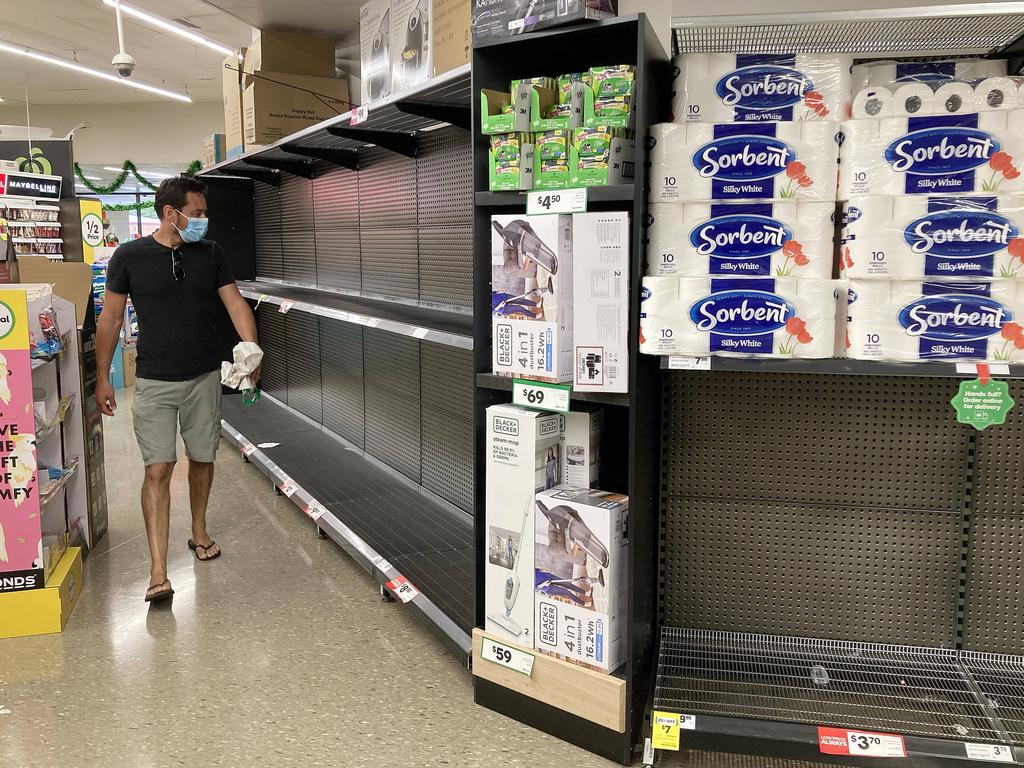
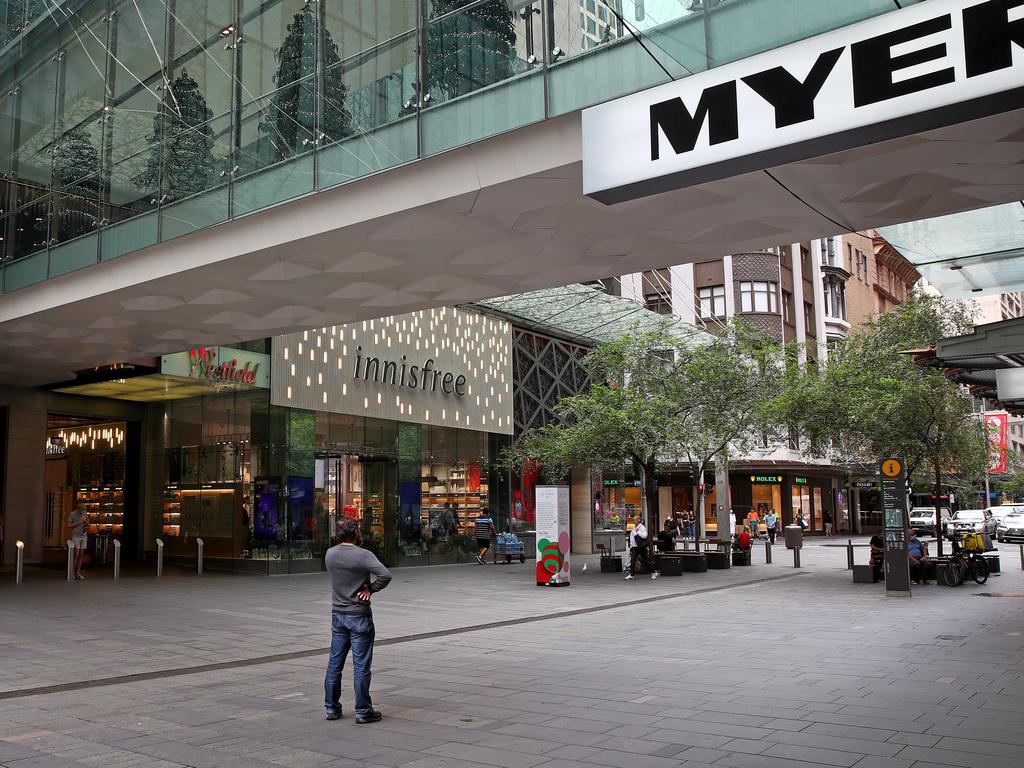
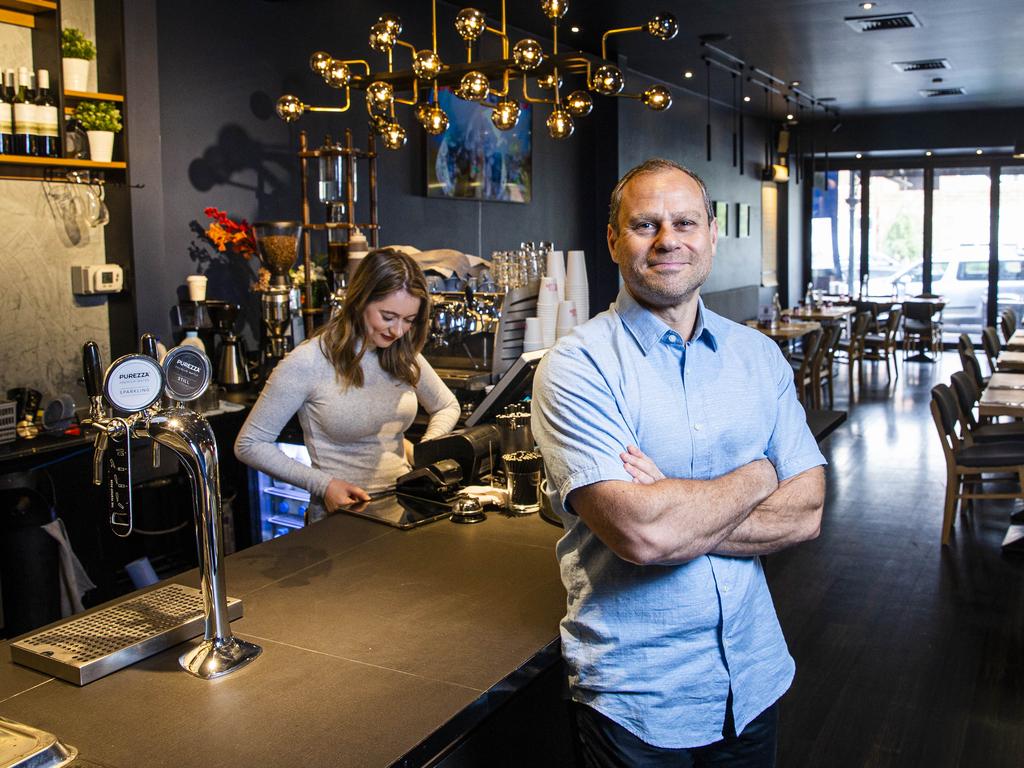

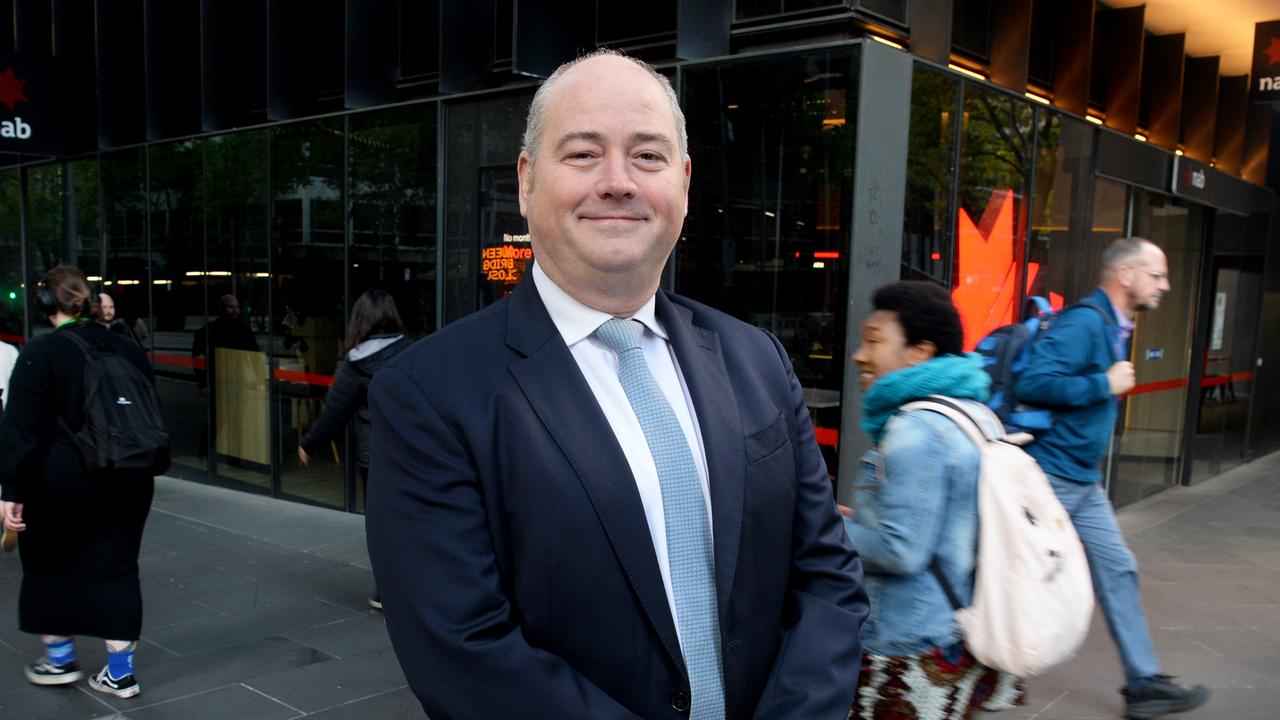
To join the conversation, please log in. Don't have an account? Register
Join the conversation, you are commenting as Logout